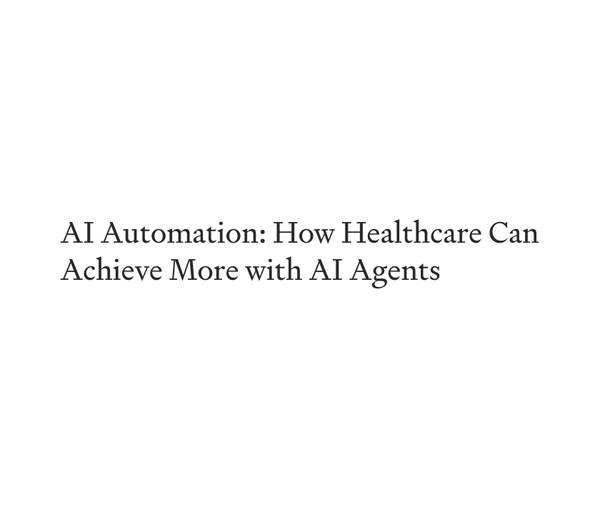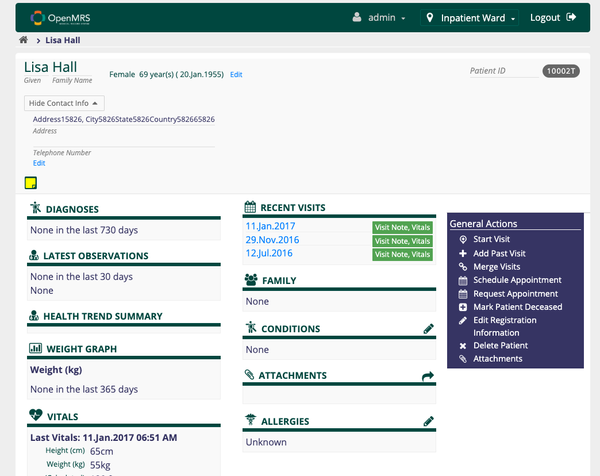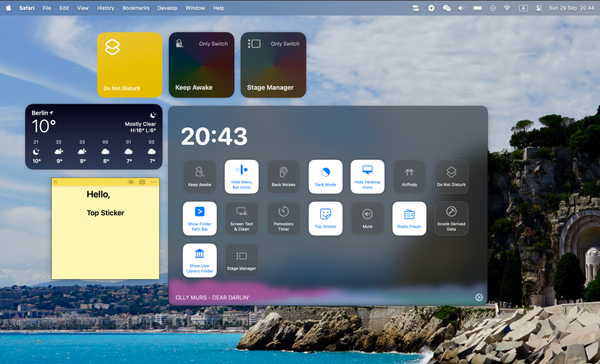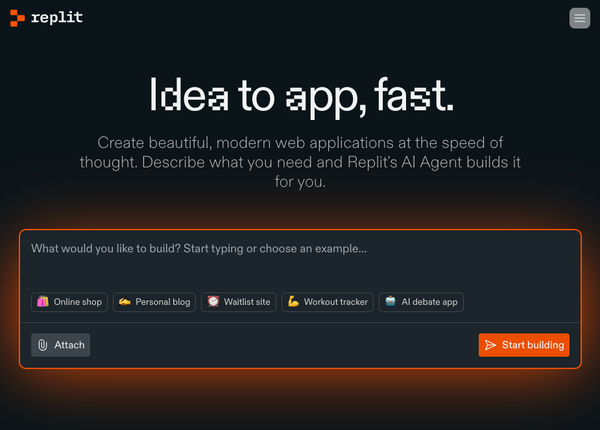How Open source can Help Healthcare Services in Low-Resource Environment
Open source software is rapidly gaining ground as a cost-effective alternative to proprietary software. In developing countries with limited resources, open source software can be the key to improving healthcare services.
In recent years, we have published several blog posts about open-source solutions that have gained a wide audience in many African and Asian countries. These solutions include OpenHospital, GNU Health, Bika LIMS, and HospitalRun, all of which have proven to be reliable and cost-effective.
In this post, we will list why we believe open-source solutions are the best option for low-resources environments
Cost-effective
Open source software is often free to download and use, which can be particularly beneficial for organizations with limited resources. This means that healthcare providers in developing countries can access powerful tools without having to worry about the high cost of proprietary software licenses.
Customization
Open source software is also highly customizable, which means that healthcare providers can adapt it to suit their specific needs. This is particularly important in developing countries where healthcare services may be very different from those in developed countries.
For example, open source software can be tailored to address specific healthcare challenges that are unique to a particular region or population.
Security
Another advantage of open source software is that it is often more secure than proprietary software. This is because the source code is open and can be reviewed by anyone, which means that bugs and vulnerabilities can be identified and fixed quickly. This is particularly essential in healthcare where patient data must be kept secure.
Maintainable
Additionally, open source software is often more reliable and easier to maintain than proprietary software, as there is a large community of developers constantly working to improve it. This means that healthcare providers can be confident that their software will be stable and up-to-date, which is essential in a healthcare setting.
Community-supported
Another advantage of open source software is that it is often community-supported, which means that there is a large community of developers constantly working to improve and maintain it.
This makes it a reliable and sustainable solution for healthcare providers in developing countries who need to provide high-quality care with limited resources.
Conclusion
In conclusion, open source software has the potential to revolutionize healthcare services in developing countries. Its cost-effectiveness, customizability, security, and reliability make it an ideal solution for healthcare providers who are working with limited resources.
By embracing open source software, healthcare providers in developing countries can improve the quality of care they provide and make a significant impact on the health and wellbeing of their communities.








